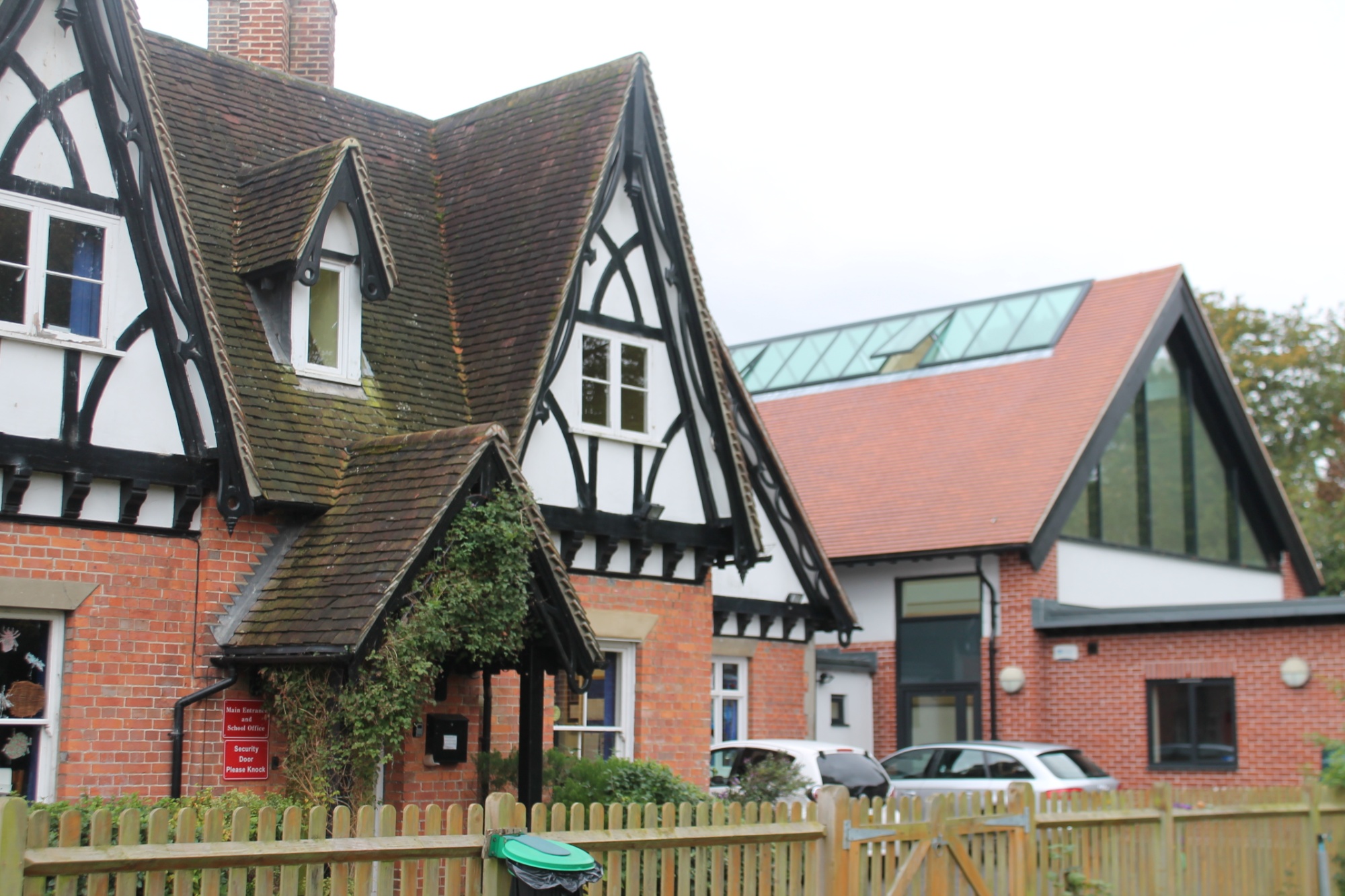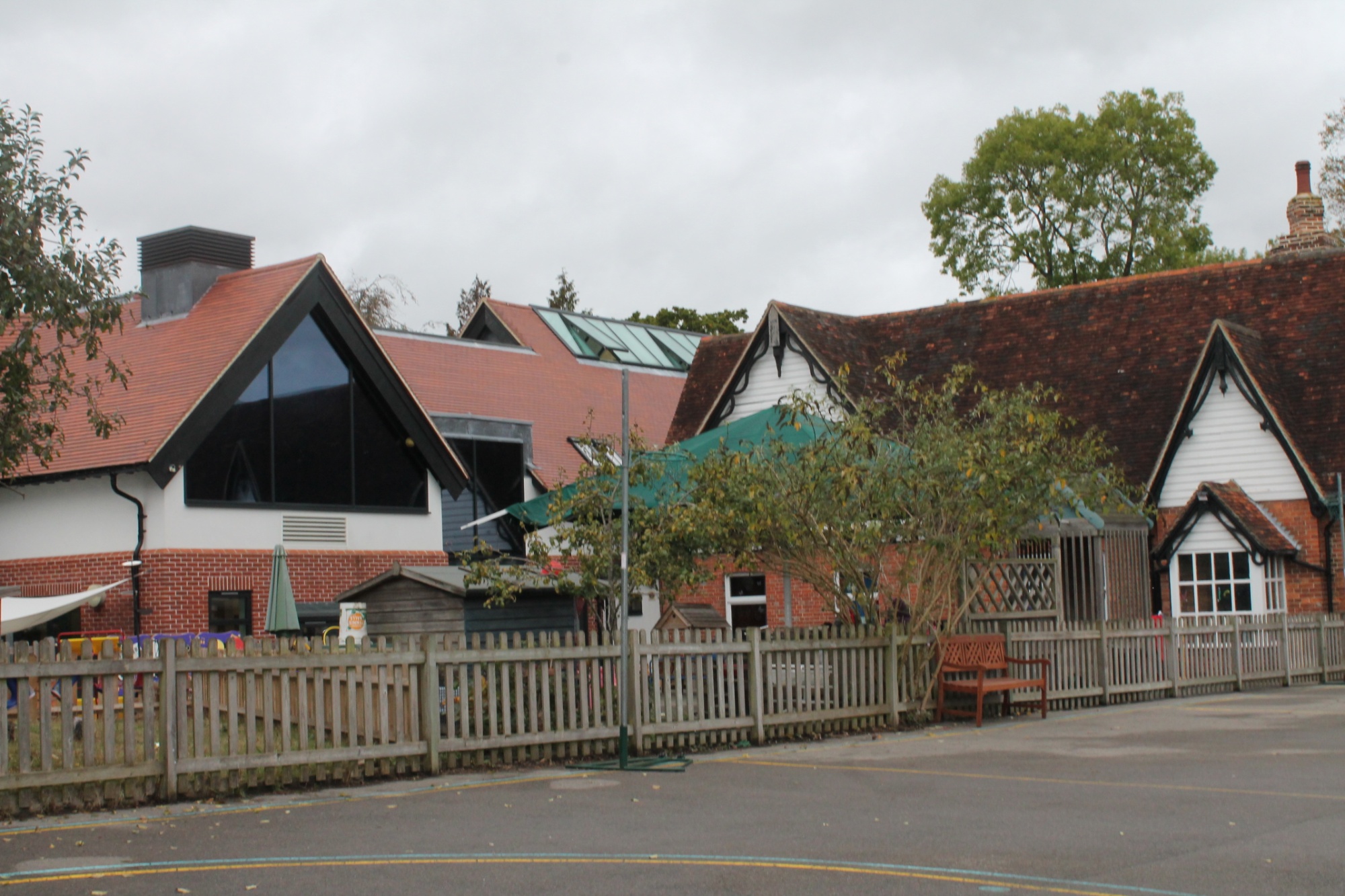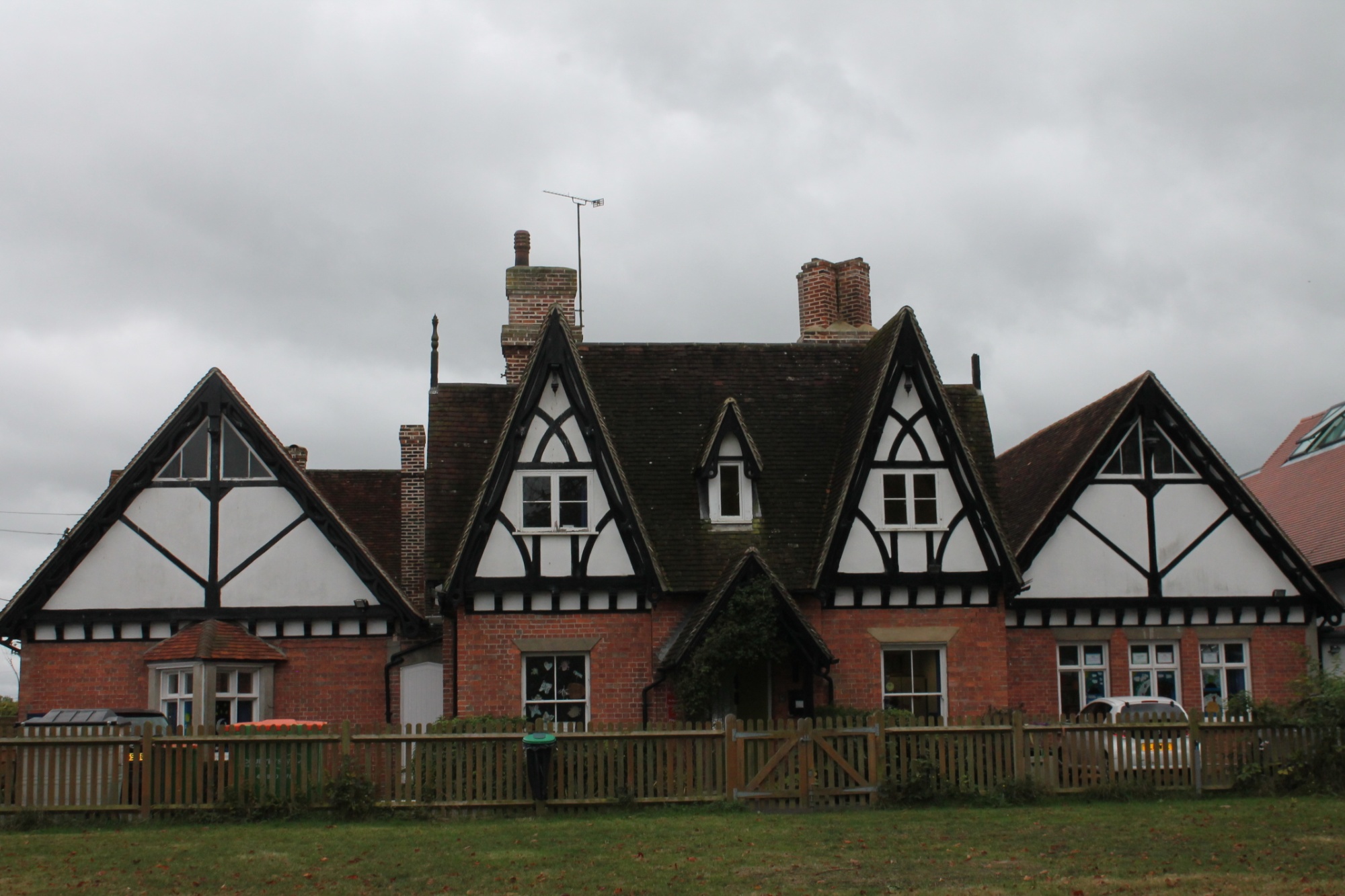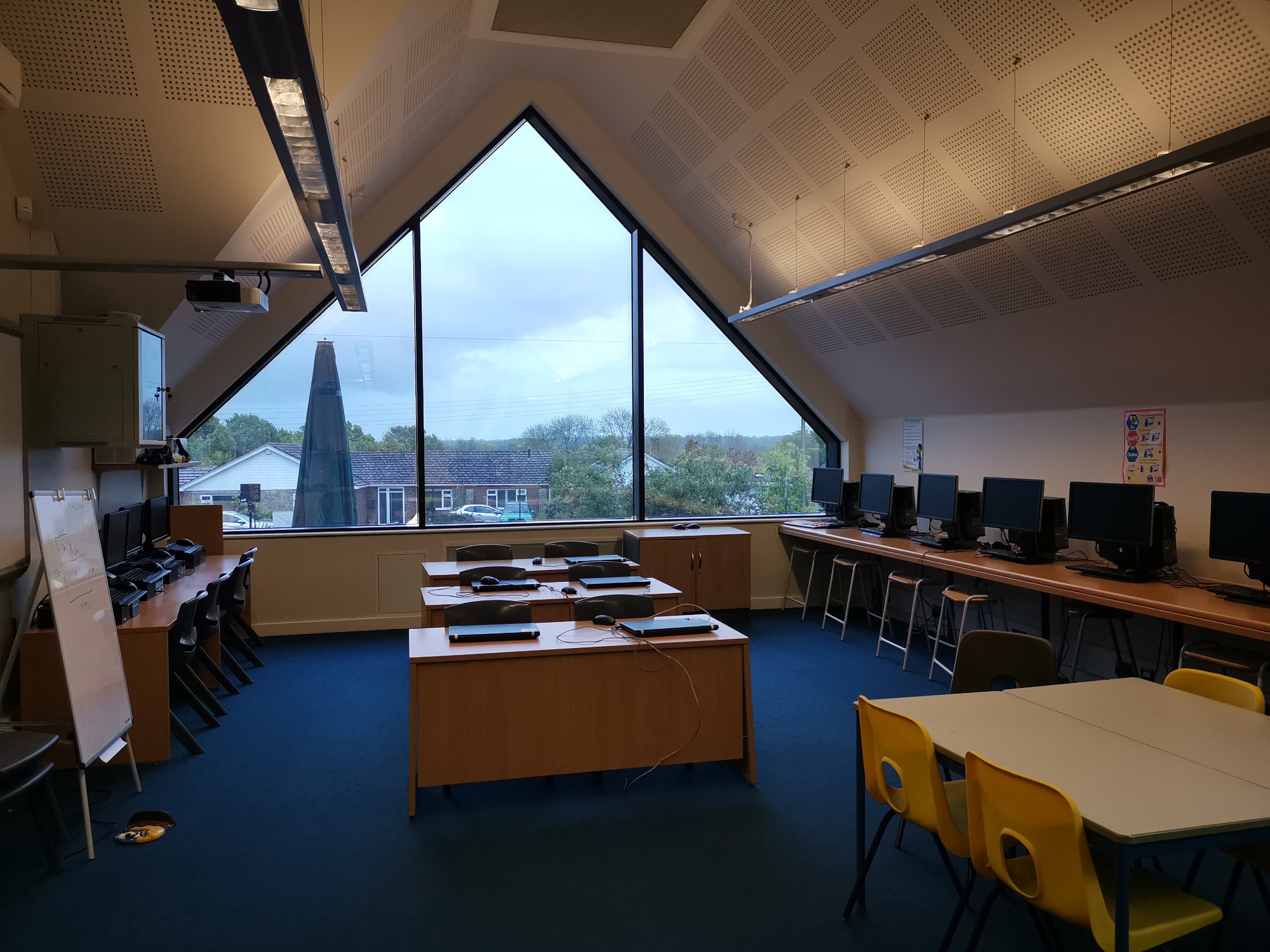Safeguarding
As a School, We Are Strongly Committed to Safeguarding
Safeguarding procedures at Frittenden CE Primary School are underpinned by three key principles:
- Safeguarding is everyone’s responsibility: all staff, governors and volunteers play their full part in keeping our children safe and protecting them from abuse, neglect and other safeguarding concerns.
- We operate a child-centred approach: a clear understanding of the needs, wishes, views and voices of children.
- All staff, governors and volunteers have a clear understanding regarding abuse and neglect in all forms; including how to identify, respond and report. This also includes knowledge in the process for allegations against professionals.
Safeguarding children – Information for Parents
At Frittenden, therefore, we believe that it is of the utmost importance to have robust systems for protecting children and safeguarding their welfare, throughout all the activities which the school undertakes. All our pupils have a right to be safe and to be treated with respect and dignity and we work effectively with outside agencies to ensure that this is the case.
Safeguarding in school is a very wide area which covers all aspects of keeping children safe at all times. It includes the physical environment of the school buildings and land, a wide range of practices and procedures, and close liaison with a range of other agencies.
As part of our Safeguarding role, we teach all children how to keep themselves and others safe (at an age-appropriate level). Our curriculum includes work on Domestic Violence, Drug and Alcohol Abuse, Bullying, Personal Safety, Inappropriate touching, Secrets, Relationships, Cyber Bullying, Internet security etc. Children are also given clear information about how to report things they feel uncomfortable about.
We are committed to monitoring and listening to all our pupils to identify possible problems. Where there are serious concerns about a child’s safety, we will share our concerns with the relevant authorities.
We work closely with other agencies such as the Police, Social Care and the Health Service to ensure that children in danger are identified and kept safe.
From time to time, families may find themselves in difficulties which could prove detrimental to their children. We will also work closely with those families so that they are supported to ensure their children’s safety and well-being and signpost them to other agencies who may be able to offer help and support.
Reporting Concerns
The school’s Designated Safeguarding Lead will deal with any safeguarding concerns you may have as a matter of the highest priority.
|
Designated Safeguarding Lead (DSL) Ms. Costello |
Deputy DSL – Mr. S Hancock (LKS2 Teacher) |
Deputy DSL - : Ms H. Swindells (KS1 Teacher) |
|
|
|
|
||
|
Deputy DSL Mrs. V Furr (SENCo) |
Deputy DSL Ms. K. Dayson (FLO) |
||
The Nominated Link Safeguarding Governors is: Mrs. Berni Cooper
If you need to contact the school regarding safeguarding, please email the head teacher or the school office. Alternatively, we have a dedicated safeguarding email address which is checked regularly, 8863198.safeguarding@frittenden.kent.sch.uk
If you have any concerns that a child is in danger, you should report it to Social Services. You can either:
- call 03000 41 11 11
- email social.services@kent.gov.uk
- text relay 18001 03000 41 11 11.
If you need to contact social services outside of normal office hours, for example during the night, call 03000 41 91 91.
However, if you think someone is in immediate danger, the best thing to do is call 999 for the emergency services.
It is important for parents to be aware that:
Staff and volunteers in the school have a duty to report concerns about a child, whether this means the child may be in need of additional support or help of some kind or whether it is thought that a child may have been abused or be at risk of abuse.
There are four categories of abuse: physical, sexual, emotional, neglect.
In some cases, the school is obliged to refer children to children’s social care staff, for children to be assessed for their needs or if an investigation into possible child abuse is required. In many cases, there will already have been discussions between school staff and the parents of the child, and the situation and concerns will not be a surprise to the parents.
However, parents may not be told that the school has referred their child to children’s social care if it is thought that this might put the child at risk.
If school staff need to express concerns about a child or refer a child to children’s social care, it is appreciated that this can cause distress or anger for the child’s parents/carers. It is important however that all parties – parents and school staff – try to discuss these matters as reasonably as possible so that the best interests of the child can be secured.
Children’s social care also tries to carry out its enquiries sensitively. It has to gather information with parents about the steps being taken and it is therefore beneficial that discussions are as open and as constructive as possible.
Our Safeguarding Policies
The Governing Board keep these policies under regular review. They ensure the Head Teacher provides termly updates on safeguarding as part of her report to Governors.
All policies are available on our policies page.
S175 Safeguarding Audit
The S175 is a comprehensive safeguarding audit, which is carried out under Section 175 of the Education Act 2002, along with DfE Guidance on Safeguarding Children, Safer Recruitment and Keeping Children Safe in Education.
The S175 helps our governors to carry out an annual review of our safeguarding practices in order to monitor how the duties set out in the guidance have been discharged.
Department for Education Guidance is contained below:
Keeping Children Safe in Education - 2023.pdf
Working Together to Safguard Children 2023
What to do if you're worried a child is being abused
Operation Encompass
At Frittenden CE Primary School we are working in partnership with the Metropolitan Police and Children’s Services to identify and provide appropriate support to pupils who have experienced domestic violence in their household; this scheme is called Operation Encompass. Please click on the link to read more about it: ![]() about-operation-encompass.pdf
about-operation-encompass.pdf
The purpose of Operation Encompass is to safeguard and support children and young people who have been involved in or witness to a domestic abuse incident.
Domestic abuse impacts on children in a number of ways. Children are at increased risk of physical injury during an incident, either by accident or because they attempt to intervene. Even when not directly injured, children are greatly distressed by witnessing the physical and emotional suffering of a parent.
Operation Encompass has been created to highlight this situation. It is the implementation of key partnership working between the police and schools. The aim of sharing information with local schools is to allow ‘key adults’, such as the Headteacher, Deputy Headteacher and Class Teacher or named Support Staff, the opportunity of engaging with the child and to provide access to support that allows them to remain in a safe but secure familiar environment.
In order to achieve this, the Multi-Agency Safeguarding Team will share police information of all domestic incidents where one of our pupils has been present, with the Designated Safeguarding Lead(s) (DSL).
On receipt of any information, the DSL will decide on the appropriate support the child requires. We will record this information and store this information in line with our Safeguarding Policy.
Further information can be found by clicking on the following link:
![]() https://www.operationencompass.org
https://www.operationencompass.org
Private Fostering
Private fostering is when a child under the age of 16 (under 18 if the young person is disabled) is cared for by someone who is not their parent or a close relative. For this purpose, 'close relatives' are defined as grandparents, brothers, sisters, uncles or aunts.
People can be private fostering for many different reasons, such as:
- a young person has fallen out with their own family, and lives with a family friend.
- they are a host family for an overseas student at a nearby private school.
- a person's partner has gone away for some reason, and left their birth child with you.
If you - or someone you know - are in a similar situation, and have a young person living with you who is not a close relative, by law, you need to make your local authority aware.








